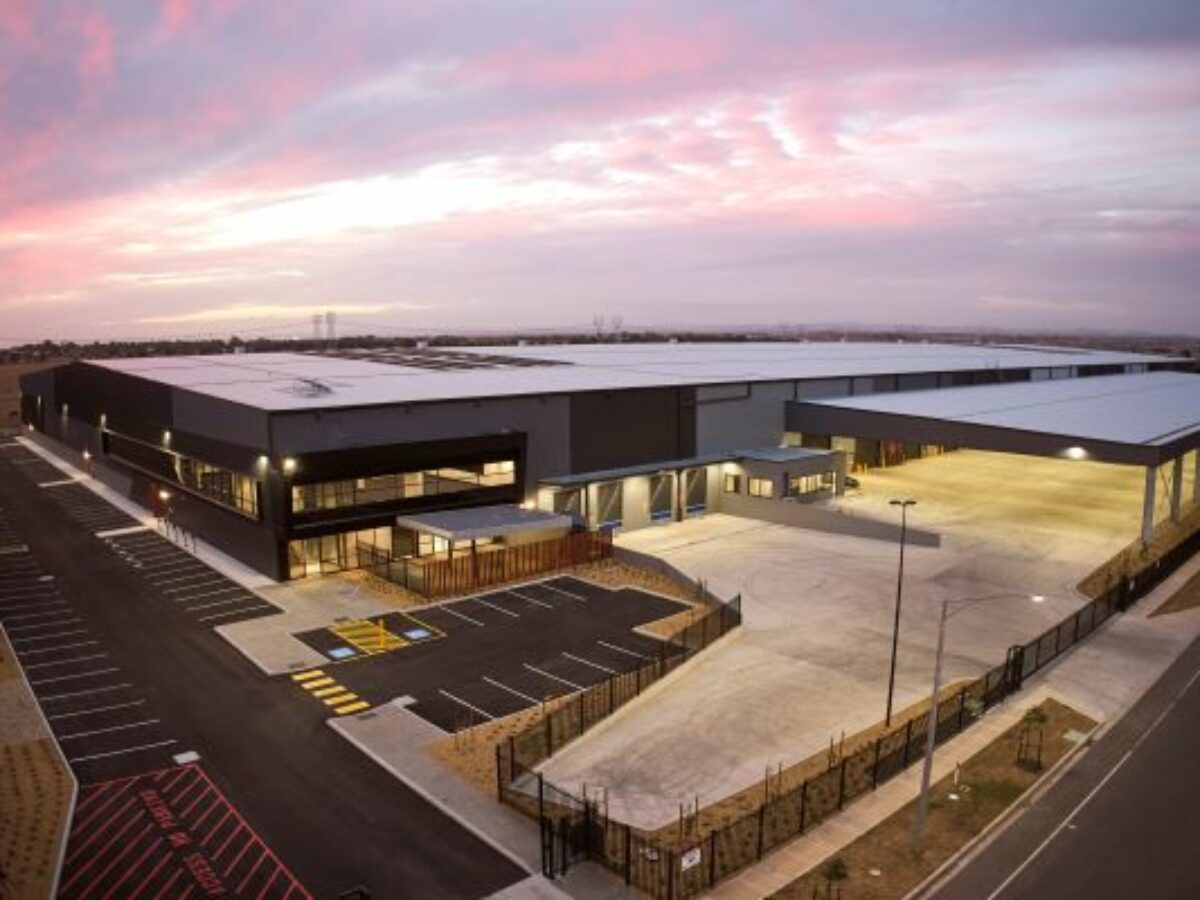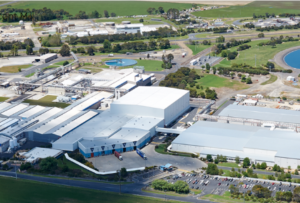Kimberly-Clark’s new DCI to speed distribution

Paper products manufacturer and importer Kimberly-Clark Australia (K-CA) has cut the ribbon on a state-of-the-art distribution centre in Ravenhall, Victoria (pictured).
Spanning over 23,000 sq. metres, the new DC is the second largest in K-CA's Australian network and is the first in a series of investments to deliver faster, more efficient services to customers.
The new facility located in Dexus’ Horizon 3023 Industrial Estate enables K-CA to double its storage capacity and to annually increase outbound deliveries of its well-known brands – Kleenex, U by Kotex, Huggies, Poise, Depend and VIVA – by more than 30 per cent.
While the company is an importer, the majority of its 700 Australian staff are employed at the company's paper manufacturing facility in Millicent, South Australia (pictured) which makes Kleenex and Scott toilet and facial tissue, and VIVA and Scott paper towel products.
The 60 year old mill is the single largest employer in the South-East region of South Australia and produces 85,000 tonnes of paper products per year.
The Managing Director of Kimberly-Clark Australia Belinda Driscoll said: “The opening of our new distribution centre in Victoria not only underscores Kimberly-Clark Australia's pursuit of operational excellence, but also reaffirms our unwavering commitment to our customers and consumers, local manufacturing, and the planet.
“With a sharp focus on sustainability and efficiency, the facility will enable us to better respond to the always on demands of Aussie shoppers while at the same time reducing our carbon footprint.
“We remain committed to making further investments that will enhance our supply chain in the years to come.”
The new facility doubles the storage capacity for KC’s personal care products allowing for outbound deliveries to increase by more than 30 per cent annually.
However the company said efficiencies were not just a matter of greater shelf space.
Through optimisation of transport routes, made possible by the new DC’s location, KC-A will reduce the number of trucks on the road annually by 700, along with reducing its carbon emissions by more than 880 tonnes.
Solar installed on the roof, a fleet of electric forklifts and electric car charging stations will add to the reduction in the company’s carbon footprint.

Picture: Kimberly-Clark Australia/DC/Millicent mill
@aumanufacturing Sections
Analysis and Commentary Awards casino reviews Defence Gambling Manufacturing News Online Casino Podcast Technology Videos





